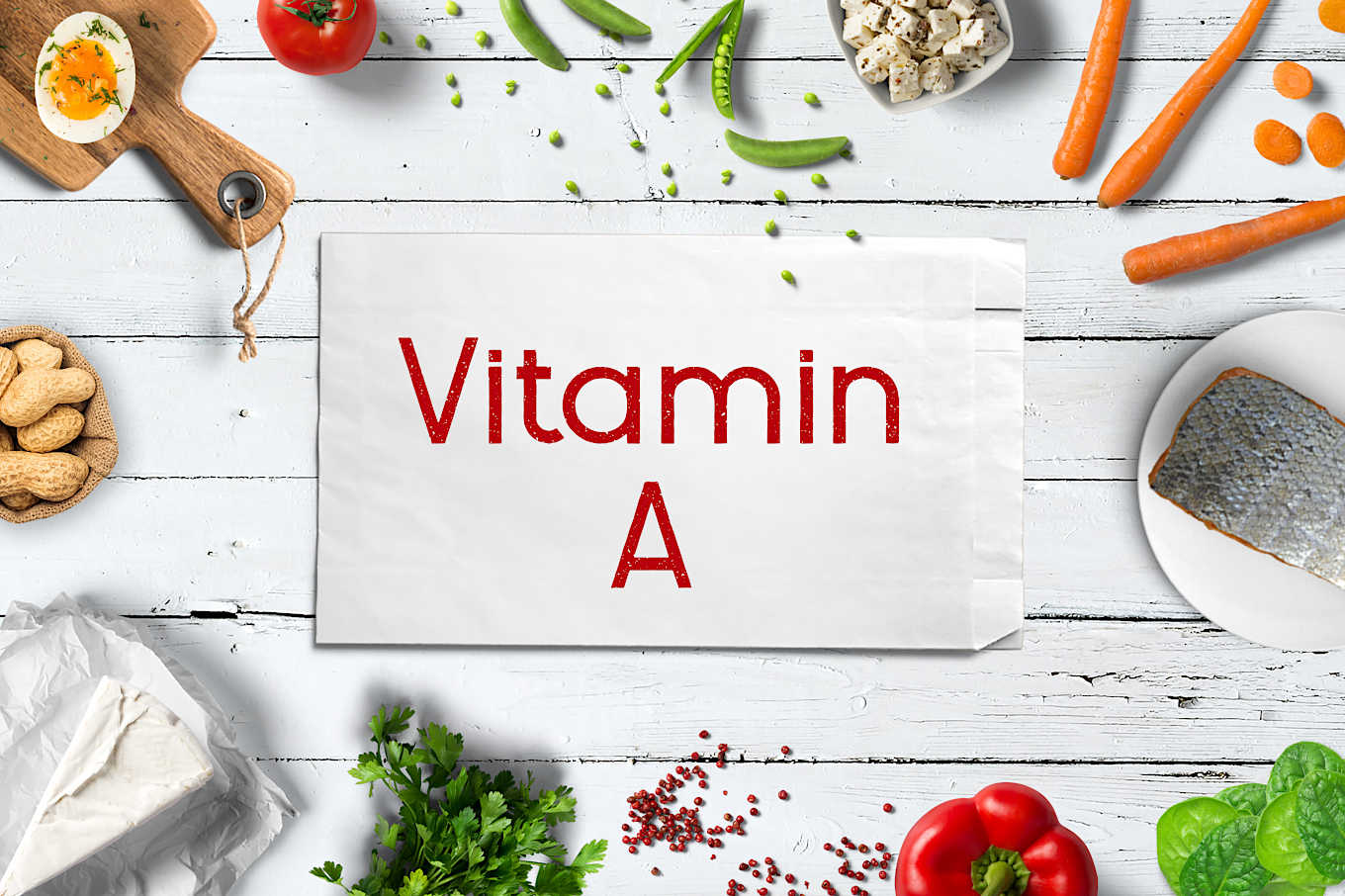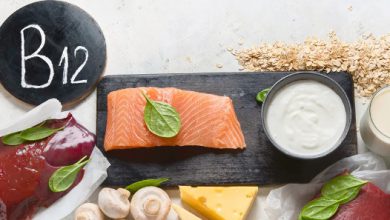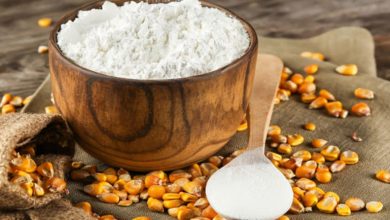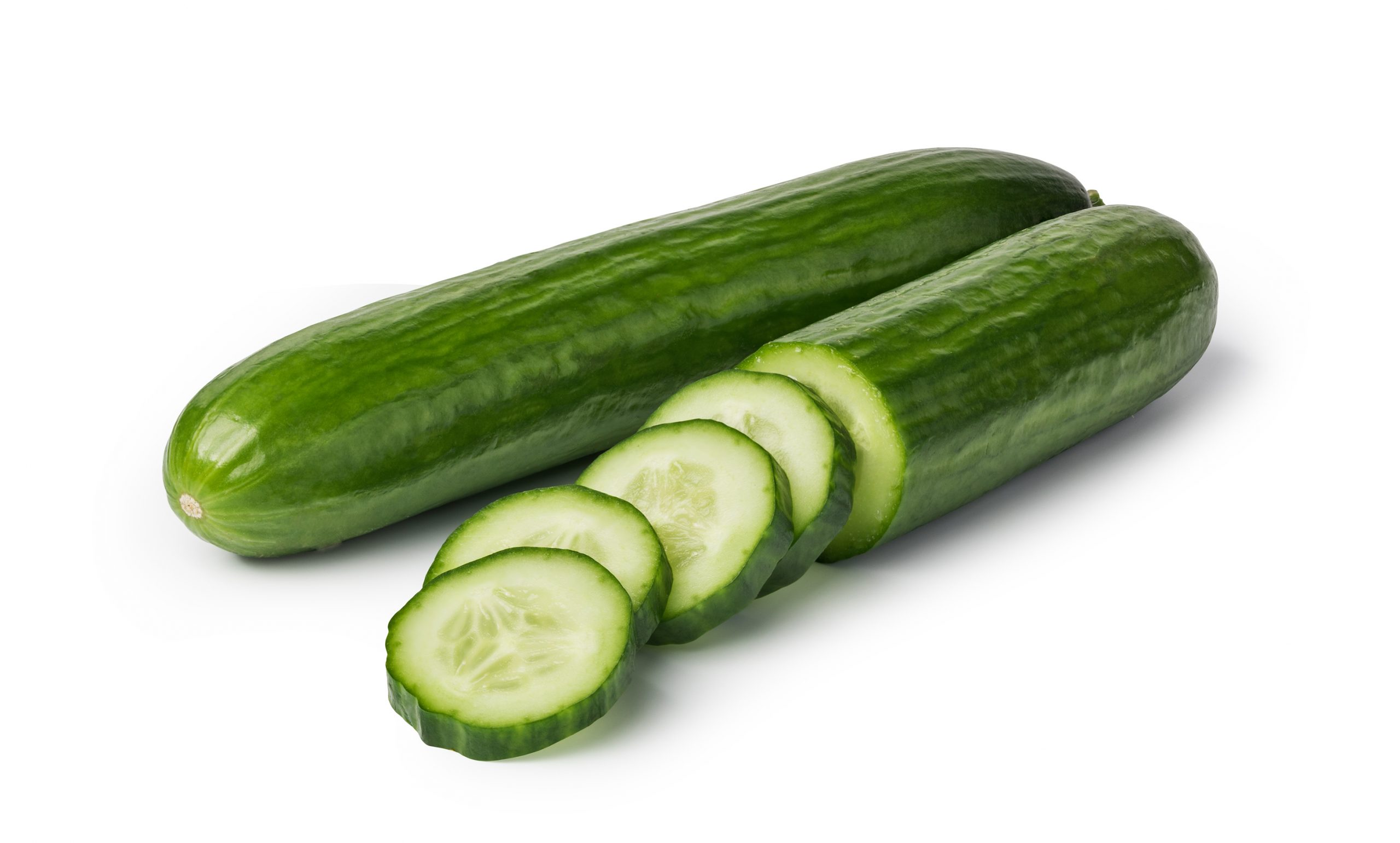A third of deaths worldwide are caused by heart disease, and diet plays a major role in promoting heart health or negatively impacting it. Blood pressure, triglyceride and cholesterol levels, and inflammation may be affected by certain foods. Here are a few foods that help improve heart health and are considered risk factors for heart disease:

Green leafy vegetables such as spinach and turnips contain a high level of vitamins, minerals, and antioxidants, and are rich in vitamin K, which protects arteries and promotes blood clotting. Dietary nitrates are also abundant in green leafy vegetables. It lowers blood pressure, reduces the risk of arteriosclerosis, and improves blood vessel lining function.
Italian women were the subjects of a study published in the American Journal of Clinical Nutrition in 2011. Women who consume green leafy vegetables and olive oil have a lower risk of coronary heart disease.
Beans in green:
A heart-healthy diet should include beans and legumes. It is recommended to choose fresh beans instead of canned because they contain high levels of dietary fiber, vitamins, and minerals. Since canned beans contain a lot of salt, green beans are also a rich source of fiber. There are approximately 9 grams of it in one cup, as well as B vitamins. Vitamin B6 is essential for heart health.
Beans of black color
Black beans are rich in nutrients that promote heart health. These include folate, antioxidants, and magnesium, all of which help lower blood pressure and control cholesterol and blood sugar levels.
Fish with fat
Tuna, salmon, salmon, and mackerel contain healthy fats because they are rich in omega-3 fatty acids, which reduce infection risk. It is not the best source, like flaxseed. Alpha-linolenic omega-3 is found in plant foods in this case.
It is not necessary to eat fish every day to reap its benefits, but at least twice a week will suffice. Pregnant women also benefit from fish’s high protein content. A physician should be consulted regarding the recommended dosage. Mercury exposure should be avoided.
Grains that are whole
There are several whole grains that contain more fiber than refined grains, including whole wheat, brown rice, barley, rye, oats, buckwheat, and quinoa. Dietary fiber can lower bad cholesterol levels and reduce heart disease risk.
According to a 2016 review published in the BMJ, whole grains lower the risk of coronary heart disease, cardiovascular disease, cancer, as well as respiratory disease and infectious diseases. Diabetes is also related.
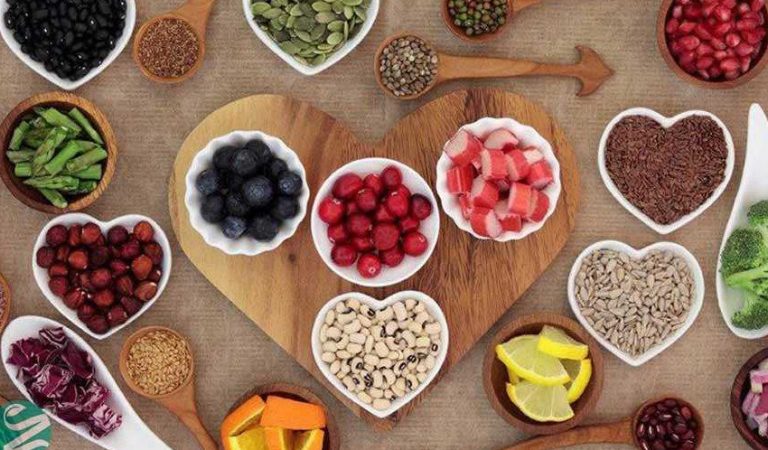
Apples in red
Apples are associated with a reduced risk of heart disease. The reason for this is that it contains a variety of compounds that are beneficial to heart health. Apples contain an anti-inflammatory plant chemical called quercetin, which may help reduce the risk of blood clots. Soluble fiber is also present in apples.
Berries of different types
Among them: strawberries, blueberries, and raspberries are rich in many nutrients that promote heart health, and berries are also high in antioxidants. Anthocyanins, which help reduce the risk of heart disease caused by oxidative stress and inflammation.
In 2010, a study published in Nutrition Research found that freeze-dried strawberry supplements reduced atherosclerosis risk factors for a short period of time.
Flax seeds and chia seeds
Omega-3 fatty acids are abundant in chia seeds and flax seeds. Including alpha-linolenic acid, omega-3 fatty acids lower blood triglycerides, harmful and total cholesterol, reduce blood pressure, reduce plaque accumulation inside arteries, and help reduce the risk of disease. Seizure-causing disorders.
nuts
For a healthy heart, eating a handful of nuts a day is a good idea. Nuts contain many beneficial nutrients. You feel fuller for longer when you eat dietary fiber, polyunsaturated fats, and protein, which helps reduce your consumption of fast food and processed snacks with a high percentage of refined carbohydrates.
The avocado
Avocados contain monounsaturated fatty acids, vitamins, and phytochemicals that act as antioxidants to protect the heart and other parts of the body. Avocados contain oleic acid, which helps reduce inflammation in the body. Cooking with avocado heart and oil is safe. It is resistant to oxidation caused by heat because its fats are resistant to oxidation.
Drinks that are good for your heart
Drinking green tea lowers cholesterol levels, according to a study published in the Journal of the American Dietetic Association in 2011. Heart disease and stroke are primarily caused by cholesterol.
According to another review published in the European Journal of Nutrition in 2014, drinking green tea can lower blood pressure in people with high blood pressure. However, the study did not determine whether this small reduction helped reduce heart disease risk.
Research has shown that black tea’s antioxidants may prevent the accumulation of fatty deposits inside the veins as well as act as an anticoagulant and improve blood vessel dilation. By improving blood flow, a study published in the Journal of Preventive Medicine in 2003 found that black tea may reduce the risk of coronary heart disease.
According to a 2001 study published in the American Journal of Clinical Nutrition, black tea contains a compound called catechin that reduces the risk of ischemic heart disease.
A published study found that pomegranate juice contains antioxidant compounds that may reduce the risk of arteriosclerosis and lower blood pressure.
Tips for maintaining a healthy heart
You can reduce your risk of cardiovascular disease by following a healthy diet and lifestyle. Here are some tips:
Instead of butter, cheese, or cream, use spices, herbs, and lemon juice to flavor sauces.
Foods high in dietary fiber can reduce bad cholesterol levels in the blood, provide nutrients that reduce the risk of heart disease, and help with weight loss. In the stomach, fiber is digested slowly. It increases satiety for a long time. Additionally, fiber helps move fats through the digestive system more quickly, thereby reducing food intake. As a result, its absorption is reduced, as well as the body’s need for energy for exercise is increased.
Consuming a large amount of salt can increase blood pressure, which is one of the risk factors for cardiovascular disease. Adults should consume no more than one teaspoon of salt per day. Salt intake can be reduced by using the following methods:
When you cook at home, you can control how much salt you consume by adding fresh herbs. Basil, thyme, chives, etc.
Whenever possible, choose low-sodium or salt-free canned foods, use fresh ingredients, and cook food without salt.
Through aerobic exercise, the heart muscle is strengthened, allowing the heart to pump blood more efficiently, allowing more oxygen to reach the body, thereby improving body efficiency, and lowering blood pressure as well. Reducing the risk of heart disease infection and the level of harmful cholesterol in the blood that can cause clogged arteries.
In addition, exercise increases the level of good cholesterol in the blood, which reduces the risk of heart attacks by removing fatty deposits from the arteries. Increase your muscle mass and burn more calories.

